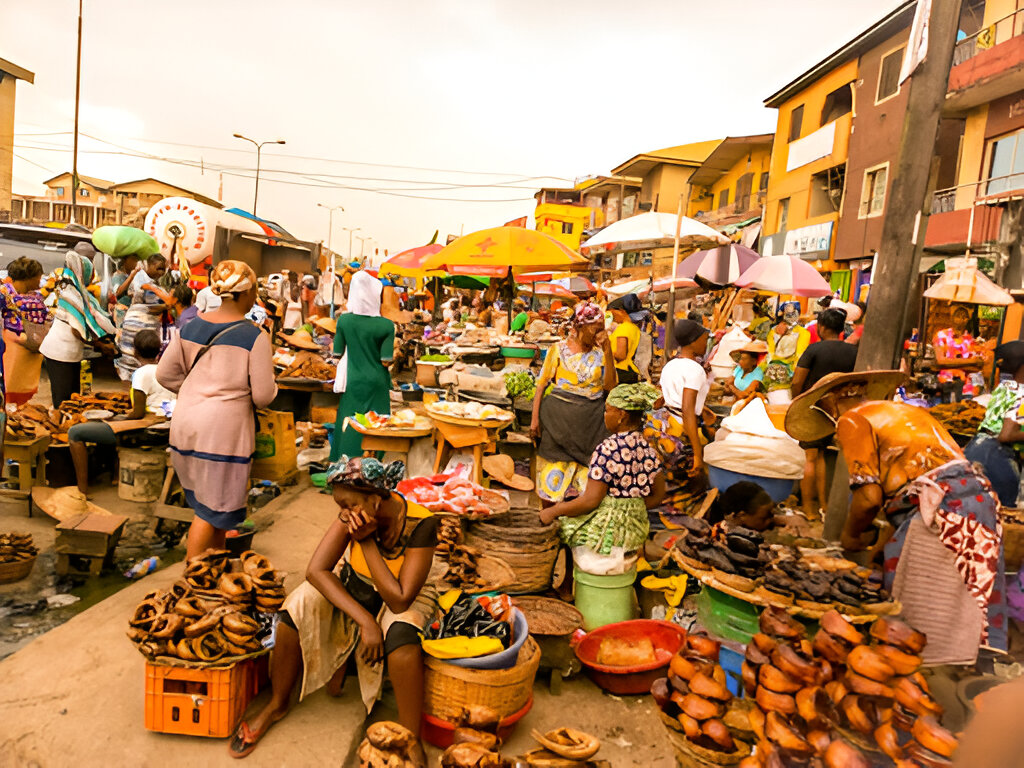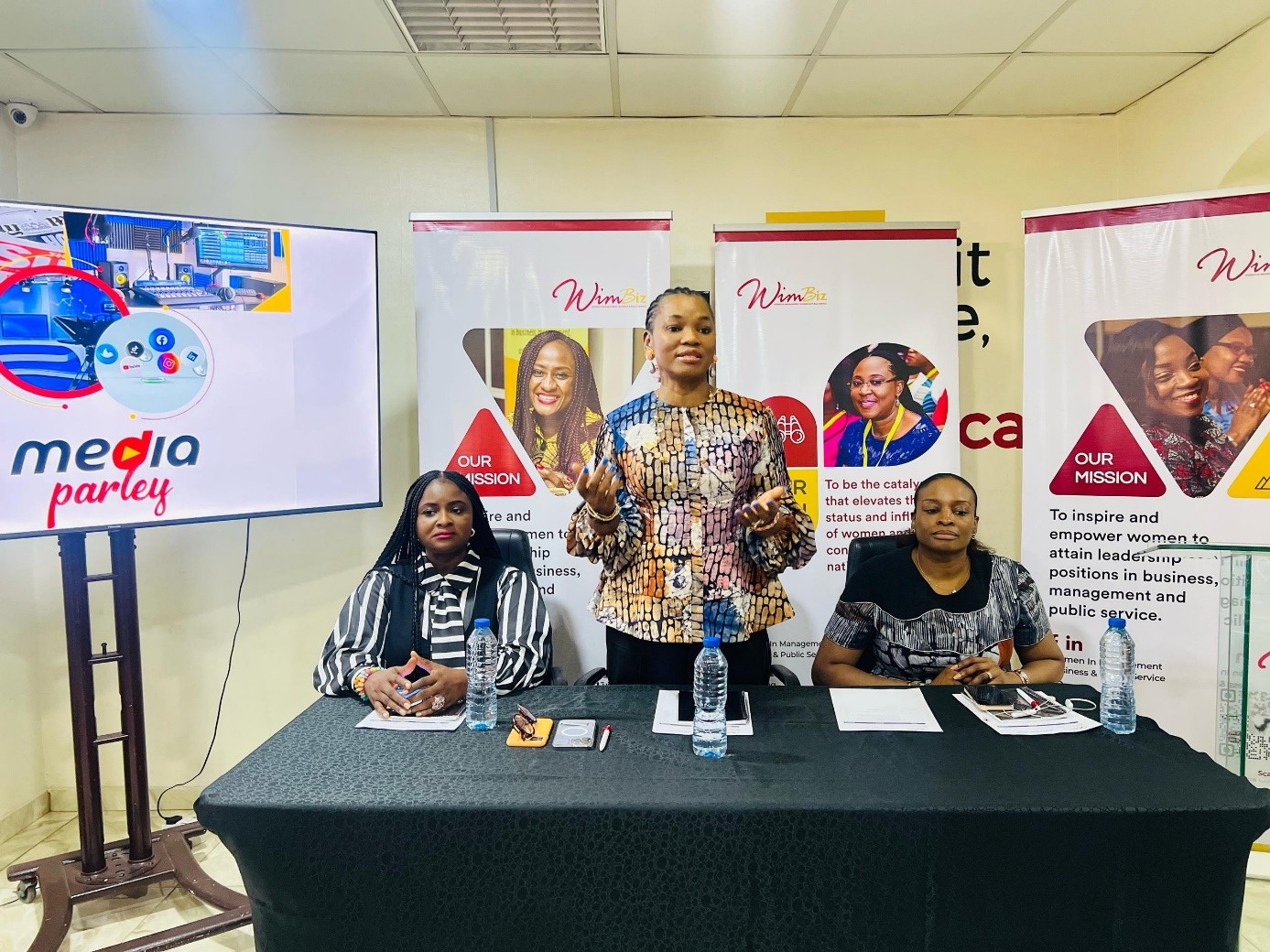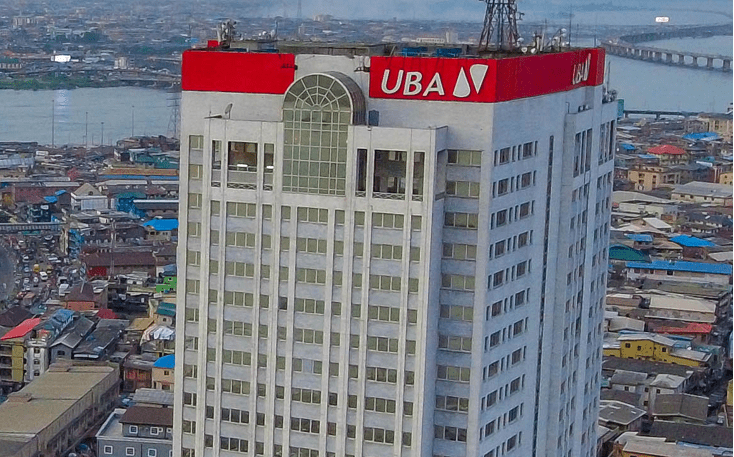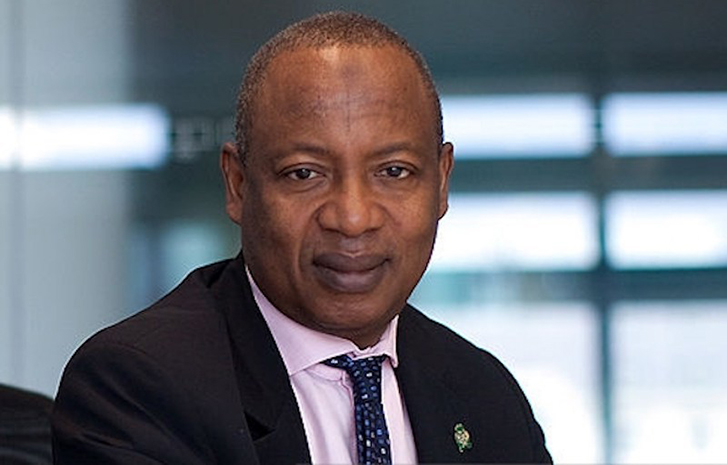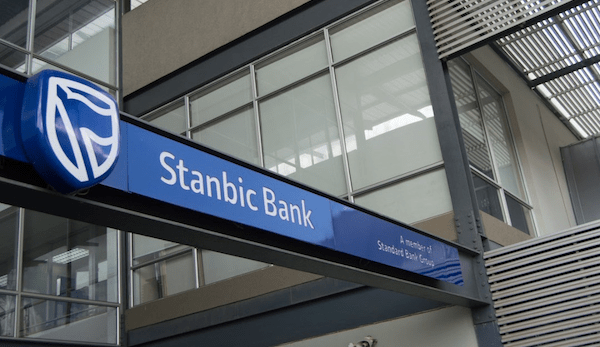.Canvasses evidence-based interventions, stronger global partnerships in education, health, labour sectors
Deji Elumoye in Abuja
Vice President Kashim Shettima has clamoured for stronger international collaboration to advance Nigeria’s Human Capital Development 2.0 (HCD 2.0) strategy.
He reaffirmed the commitment of the administration of President Bola Tinubu to positioning human potential at the heart of national development.
Speaking virtually at a high-level roundtable on the sidelines of the 2025 World Bank/IMF Spring Meetings at the weekend, Shettima said the success of HCD 2.0 depends on data-driven, evidence-based interventions and sustained political will.
The HCD 2.0 programme is designed to elevate Nigeria’s Human Capital Index (HCI) and equip it to face both national and global challenges, including climate change and digital transformation.
The Vice President pointed out that the meeting was necessitated by the urgency to invest in the Nigerian people and by the recognition that true national wealth is found not in natural resources, but in human potential.
According to him: “This meeting, for us, is not just another item on our global agenda. It is a continuation of a journey whose beginnings I had the privilege of witnessing about seven years ago. True national wealth is found not in natural resources, but in human potential.
“We will offer our HCD 2.0 Strategy the political backing it deserves to be the priority of our nation, and President Bola Tinubu, has never wavered on this”.
Shettima reiterated the federal government’s determination to ensure the continuity and deepening of the HCD agenda.
His words: “Government is a continuum. Nowhere is this truer than in programmes that demand patience, vision, and long-term commitment—programmes such as our Human Capital Development programme”.
He revealed that under HCD 2.0, six priority indicators from the health, education, and labour force sectors have been selected as “quick wins” to guide policy interventions and track measurable progress.
“We have carefully curated priority indicators and an HCD Dashboard to track them. This allows us to make informed policy decisions and measure our progress against tangible benchmarks,” he said.
The Vice President also reaffirmed the administration’s resolve to remain transparent and results-oriented to achieve measurable outcomes.
“We will continue to hold ourselves accountable and press forward toward our bold goal to elevate Nigeria among the top 80 countries in Human Capital Index rankings,” he said.
Shettima also called on the World Bank and other development partners to support the availability of disaggregated, state-level Human Capital Index (HCI) data to enable more targeted interventions.
Stressing the need for equity and inclusiveness in implementing the HCD 2.0 strategy, he said, “We are leaving no sub-national in Nigeria behind. Some of the states have already set a template for the others, having localised the HCD strategies to align with the peculiarities of their people while, of course, aligning them with the national strategy.”
The World Bank representatives at the meeting committed to strengthening the bank’s partnership with Nigeria to improve the country’s Human Capital Index and proposed senior-level stakeholder engagement to identify optimal areas for technical support.
The session featured key stakeholders from the World Bank, including Executive Director, Zainab Shamsuna Ahmed; Regional Director for Human Development in the Western and Central Africa, Trina Haque; Senior Social Protection Specialist and Regional Task Team Leader, Africa West & Central region, Tina George, and Chief Economist for Human Development in the World Bank Group, Norbert Shady.
The Nigerian delegation included the Deputy Chief of Staff to the President/ Chair of the HCD Core Working Group, Senator Ibrahim Hadejia and Special Adviser to the President on National Economic Council & Climate Change/National Coordinator of HCD programme, Rukaiya El-Rufai.
There were also several speeches from representatives of Nigerian state governments, including Akwa Ibom and Lagos, as well as representatives of other local and international development organisations.

